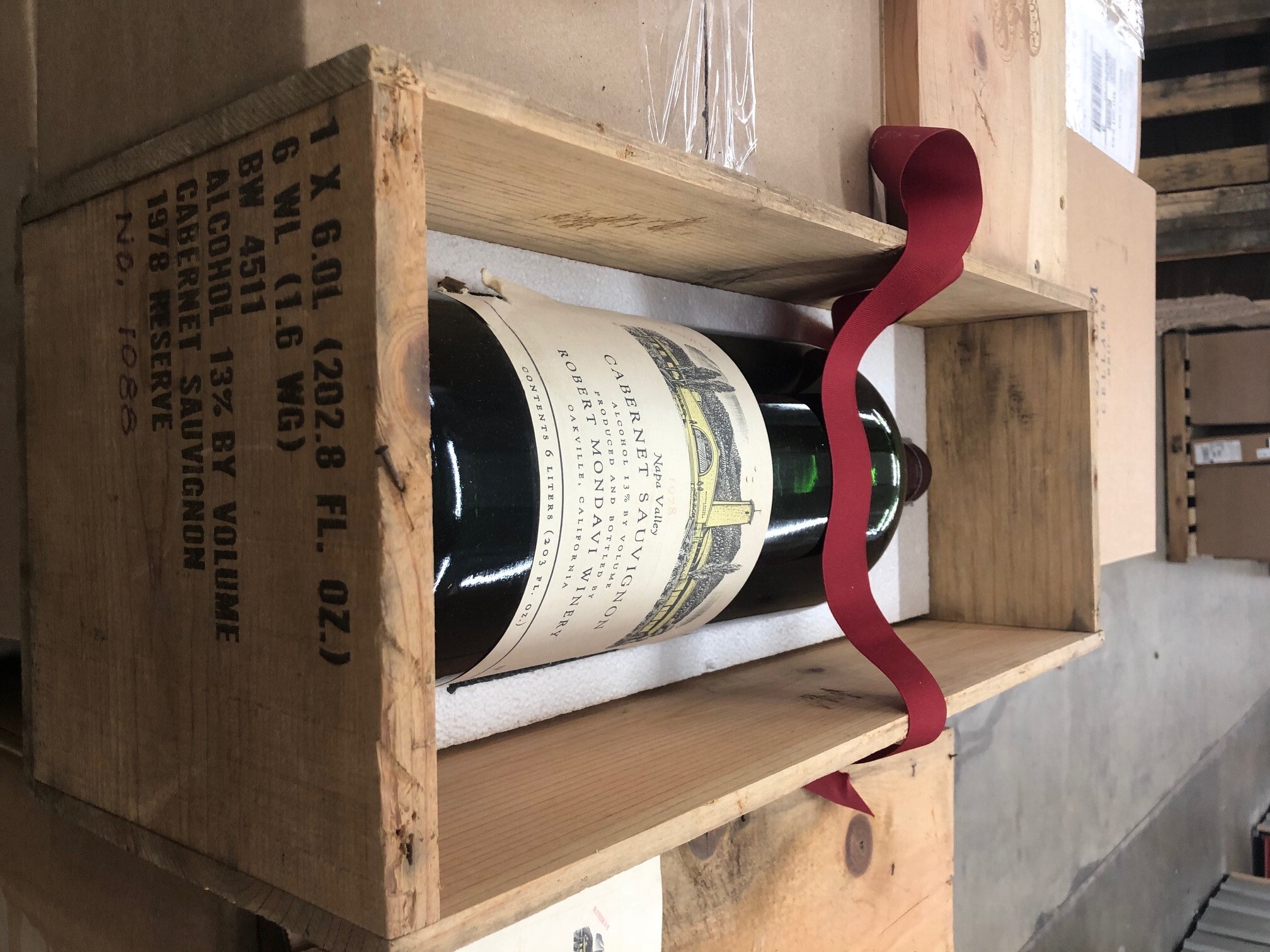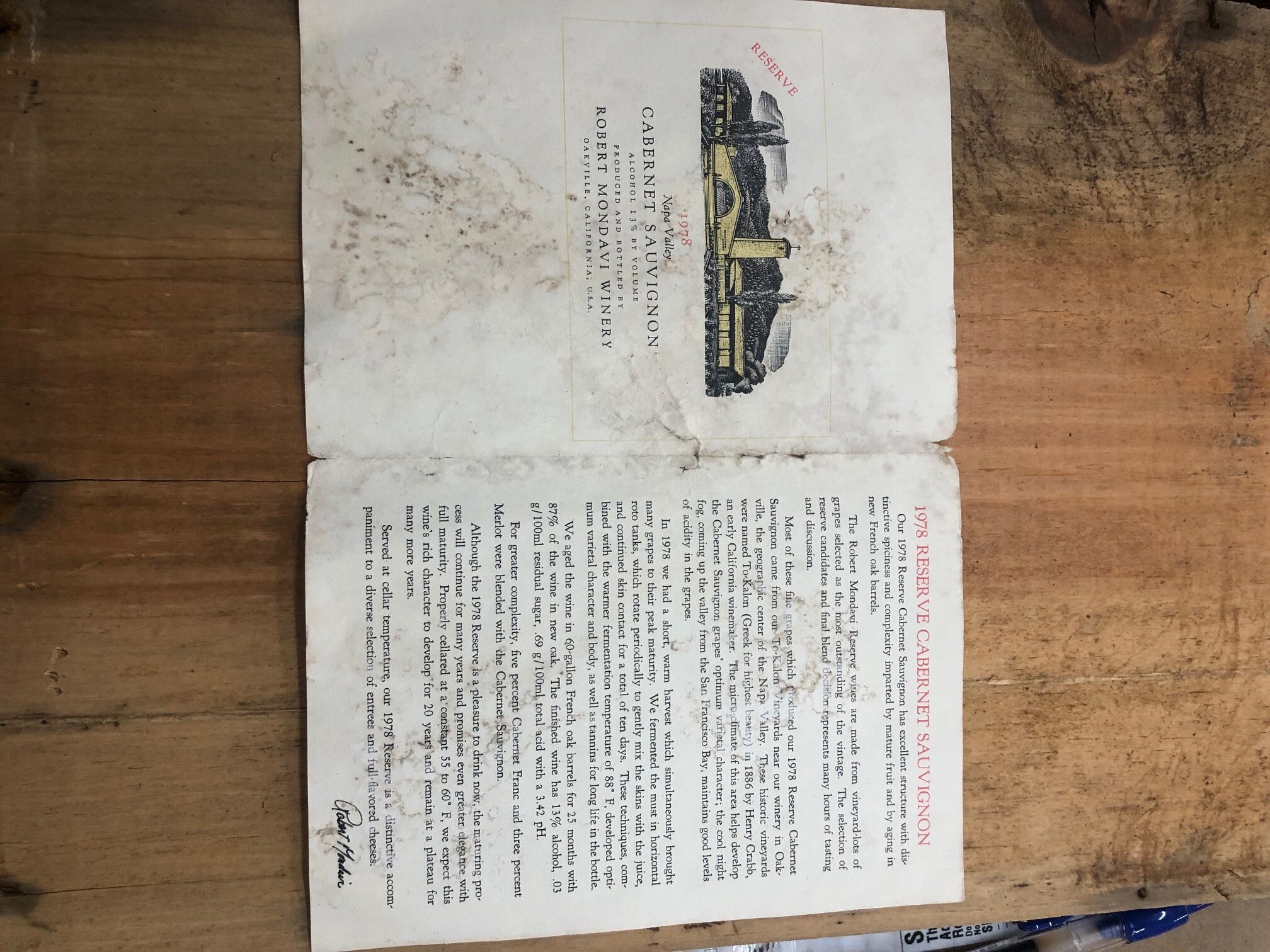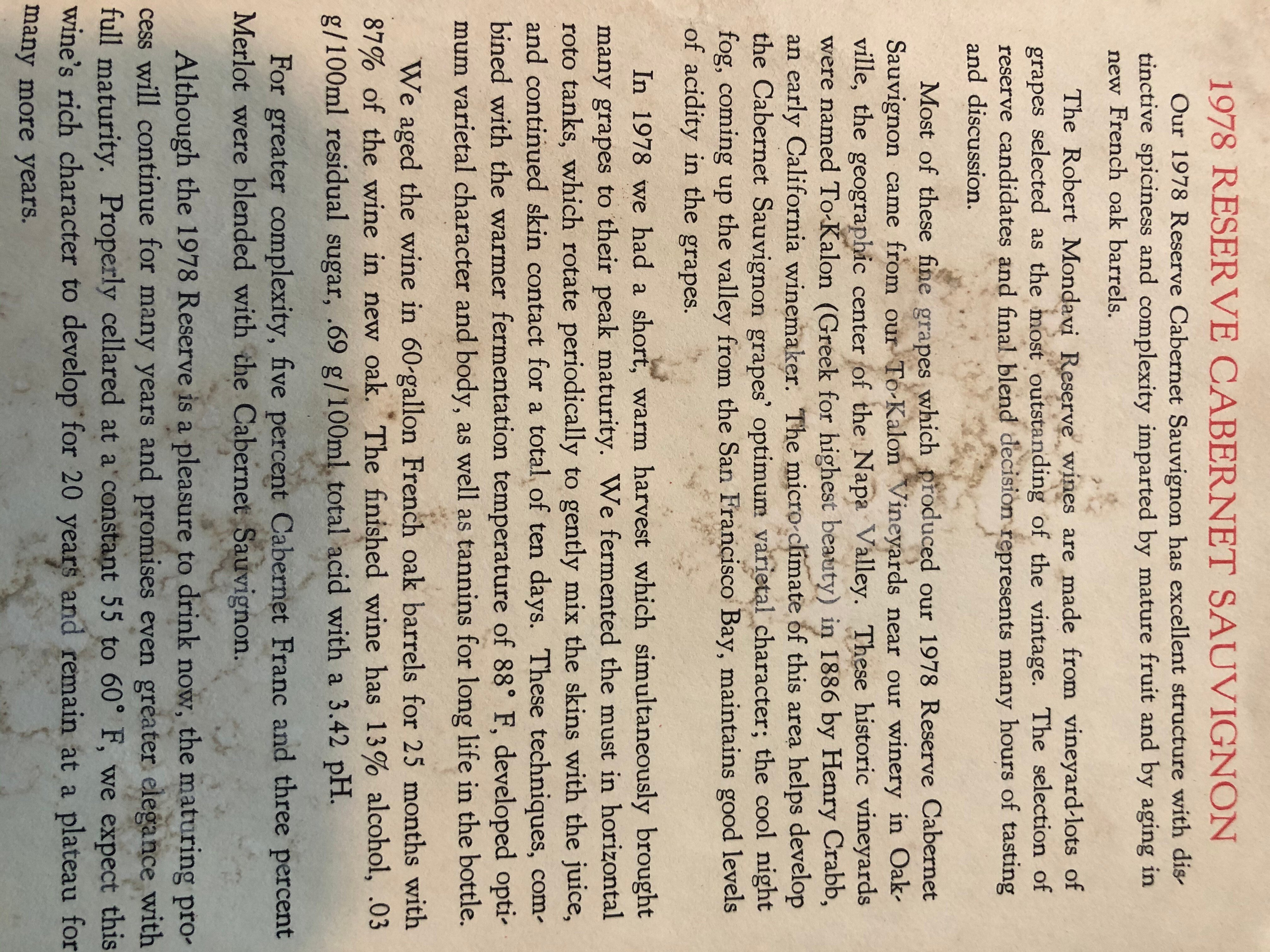Constellation Beats Winery In ‘To Kalon’ TM Fight
By Andrew Karpan
Law360 (January 27, 2021, 8:28 PM EST) – After a seven-day virtual bench trial, a California federal judge rejected a small California winery’s efforts to stop Constellation Brands from using the “To Kalon” brand name in reference to a 19th-century vineyard and ruled instead that the beverage giant owns the trademark.
U.S. District Judge Yvonne Gonzalez Rogers concluded Tuesday that the historical record was too fuzzy to determine if Oakville-based The Vineyard House LLC could properly trace its lineage to a brand made famous by California wine pioneer Henry Walker Crabb and granted Constellation an injunction preventing Vineyard House from using the To Kalon mark, which the Constellation-owned Robert Mondavi Winery registered in 1988.
“To Kalon,” Judge Rodgers wrote, was “defined by the Greeks as ‘Highest Good’ or the ‘Highest Beauty,’” but “like much in nature, ‘To Kalon’ has transformed with time.”
The full trial involved a review of no fewer than 600 exhibits, the judge noted, and a rich history that could not be entirely appreciated “without traveling back to the 1880s.”
“Despite this change, one conclusion is certain: The Vineyard House cannot use the term in any way, shape, or form,” Judge Rodgers ruled.
In 2019, The Vineyard House filed suit, claiming that a winery it owned sat on land owned by Crabb, who started selling wine under the brand name To Kalon in 1886, but the output stopped with Crabb’s death in 1899.
In 1988, California winemaker Robert Mondavi registered a trademark with the U.S. Patent and Trademark Office for a brand of wines the company still makes called To Kalon. Mondavi told a USPTO examiner that “prior to the turn of the 20th Century, there was a winery in the Napa Valley which used the name ‘Tokalon,’” but since the name was discontinued, it was up for grabs.
After grabbing it, however, Mondavi began advertising the name’s connection to Crabb’s historical accomplishments and claimed the wine had come from the very land Crabb’s winery was on, according to the decision. Judge Rodgers admitted that the record bore this out to be a total fiction.
“A review of the actual deed transfers indisputably demonstrates that Mr. Mondavi’s story was not true. As noted, one can reasonably presume that he created the story to heighten the stature of To Kalon,” she wrote.
On Mondavi’s website, the winery, which Constellation purchased in 2004 for $1.4 billion, currently advertises the To Kalon Exclusive line as the product of “a vineyard with a distinguished history and a magical nature.”
But the judge found that The Vineyard House wasn’t able to prove that Mondavi had also lied to the USPTO when he claimed the brand had been discontinued. It was Mondavi’s story about the vineyard, created to sell wine from another vineyard, that created the widespread awareness of Crabb’s To Kalon brand, Judge Rodgers found.
“That [Robert Mondavi Winery], and now Constellation, use the term as both a brand and a reference to all of their alluvial fields in [Oakville] does not weaken the mark. Rather, it is the combined effect that has strengthened the mark,” Judge Rodgers added.
As it turned out, the land The Vineyard House owned had no deeper connection to Crabb’s legacy. In the complaint, the vineyard claimed ownership of 17 acres of vineyard that could be traced back to Crabb’s brand, but Judge Rodgers didn’t buy that claim.
“[The Vineyard House’s] hired historian manipulated a sentence in a historic report to conclude incredulously that such a vineyard was not only possible, but likely,” Judge Rodgers wrote. “At most, one might surmise that the parcel contained a source of water which he piped to the valley.”
Representatives for both parties did not respond Wednesday to a request for comment.
The Vineyard House is represented by Peter H. Bales, David Aaron Goldstein, Jeffrey Michael Judd, Michael L. Meeks, Christina Le Trinh, Daniel Jacob Zarchy, Glenn Philip Zwang and Farah Parveen Bhatti of Buchalter Law Firm.
Constellation Brands is represented by Timothy John Carlstedt, Edward T. Colbert, Erik C. Kane, William M. Merone and Armin Ghiam of Hunton Andrews Kurth LLP.
The case is The Vineyard House LLC v. Constellation Brands U.S. Operations Inc., case number 4:19-cv-01424, in the U.S. District Court for the Northern District of California.
–Editing by Breda Lund.


